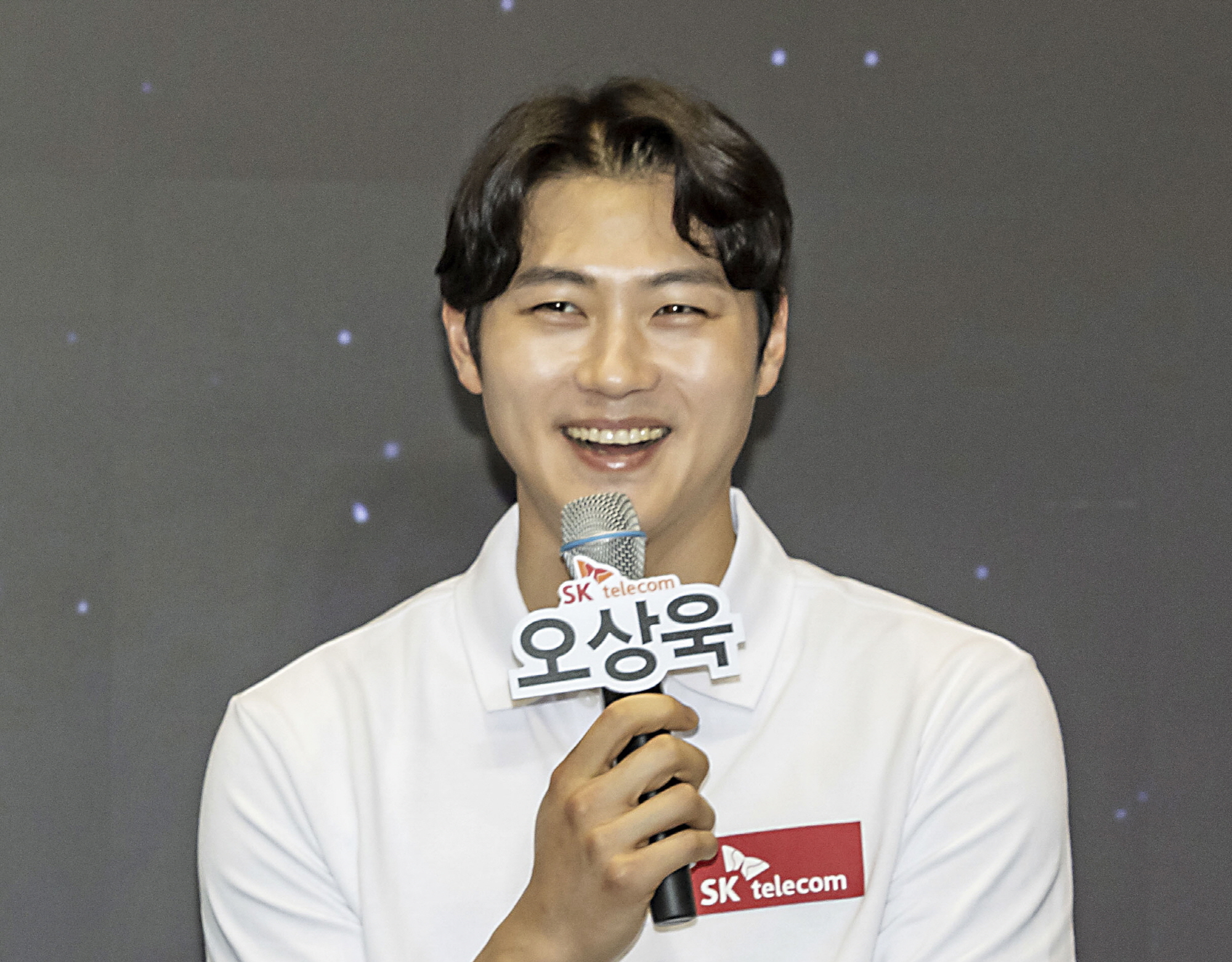
The Taeguk warriors are making waves at the 2024 Paris Olympics, garnering attention for SK Telecom, which has been a strong backbone for South Korean fencing.
On August 1, South Korean men’s sabre team (Gu Bon-gil, Oh Sang-wook, Park Sang-won, Do Kyeong-dong) clinched the gold medal in the team event, achieving a historic third consecutive Olympic victory (London 2012, Tokyo 2020, Paris 2024), marking the first time any Asian nation has achieved a three-peat in this fencing event.
Prior to this, Oh Sang-wook won a gold medal in the men’s sabre individual event held on July 28. He became the first South Korean fencer to become an Olympic double champion by winning gold in both the individual and team events. Additionally, the South Korean fencing team performed well, with a fourth place finish in the women’s sabre individual (Choi Se-bin) and fifth in the women’s epee team event, showcasing their strength at the Olympics hosted by the ‘fencing powerhouse’ France.
It is noted that SK Telecom’s continuous and silent support has been a crucial factor in South Korea fencing’s rise to global prominence. Having served as the president company of the Korean Fencing Association since 2003, SK Telecom has continuously invested in improving performance and expanding the sport over the past two decades, contributing a cumulative amount of approximately 30 billion KRW through its support of the association.
SK Telecom has focused its efforts on international competitions and overseas training for national team athletes. Given the nature of fencing, where experience against opponents is key, the ‘SK Telecom International Grand Prix Fencing’ tournament, held 19 times from 2004 to this year, has played a significant role in nurturing South Korean fencing talent.
Fencing requires expensive equipment. Women’s sabre national team member Yoon Ji-soo stated, “The costs for the equipment and facilities we use are supported by SK, and because of this support, young athletes can gain a lot of experience, which I am grateful for.”
SK Telecom and the Korean Fencing Association have implemented a systematic support plan in three stages for this Paris Olympics.
Firstly, pre-Olympic training simulations were conducted to enhance the athletes’ sense of competition. A piste (competition area) was built at the Jincheon Athlete Village, matching the dimensions of the Olympic venue, including simulating audience cheers and lighting conditions to create identical training environments. Athletes were able to indirectly experience the Olympic atmosphere through virtual simulations, enhancing their adaptability.
In addition, a separate dedicated team, including seven training partner athletes, was dispatched to Paris, along with additional performance analysts to bolster competitive performance.
Furthermore, two medical trainers were sent to ensure 24-hour monitoring of athletes’ conditions, while daily lunch boxes from a Korean restaurant near the Champs-Élysées in Paris were delivered to help athletes enjoy familiar Korean cuisine.
To facilitate these on-site support activities, SK Telecom and the Fencing Association secured a hotel near the Olympic fencing venue early this year. This space serves as a base camp for the South Korean fencing team, also accommodating rest periods.
Choi Seung-won, the former chairman of SK Networks and current president of the Korean Fencing Association, visited the venue throughout the Olympic fencing events to cheer on and encourage the South Korean team. Since taking office in 2018, Chairman Choi has been a key proponent of comprehensive support to enhance fencing competitiveness.
As a result, the unwavering support and attention have laid the foundation for the South Korean fencers to showcase remarkable performances in Paris, the ‘home ground’ of fencing powerhouse France.
Before the tournament, at the ‘Team SK’ pre-departure ceremony, Oh Sang-wook expressed gratitude for being able to participate in various international competitions overseas without worries, thanks to SK Telecom.
Fencing has now undoubtedly established itself as the ‘cash cow’ sport of South Korea. Following six medals (2 gold, 1 silver, 3 bronze) at the London 2012 Olympics, South Korea collected 1 gold and 1 bronze medal at the Rio 2016 Olympics.
At the Tokyo 2020 Olympics, they achieved the first Olympic back-to-back wins in men’s sabre team, recording the most medals (5) among South Korean events.
Thus, the ‘We Can Do It’ syndrome (2016 Rio Olympics) and the formation of the ‘Avengers’ (fencing + Avengers, Tokyo 2020 Olympics) generated significant buzz, and this tournament’s achievement of the first Olympic three-peat in South Korean fencing (men’s sabre team) is attributable to the consistent and silent support of SK Telecom.
Won Woo-young, the coach of the South Korean men’s sabre national team and gold medalist in the men’s sabre team at the London 2012 Olympics, said, “Thanks to SK Telecom’s support, I was able to participate in numerous international competitions like Grand Prix and World Cup during my athletic career, which helped me acquire international competitiveness. I hope the results achieved through the support of one company continue to expand,” he remarked.
Meanwhile, the South Korean fencing team will have their last shot at adding to their medal tally in the women’s sabre team event on the 3rd.
ISANGJIN daedusj@autodiary.kr

